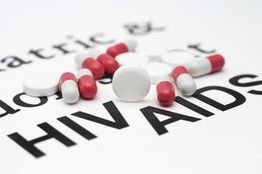
VGTI scientists find out why HIV vaccines are not effective
Singapore: Scientists at Vaccine and Gene Therapy Institute of Florida (VGTI), US, a nonprofit immunological research institute, showed that previously unidentified dysfunction in follicular helper T cells might have major implications on the ability of HIV infected patients to respond to vaccines.
The research was conducted by Dr Elias K Haddad, associate member and Dr Rafael Cubas, both from the VGTI Florida, and their colleagues from the US and Europe.
Antibodies, which are secreted by B cells, are among the most effective weapons against infectious diseases such as HIV, influenza, and the common cold as they are the major therapeutic components that are produced in response to vaccines. Follicular helper T cells are the major inducers of this antibody response.
The majority of HIV infected individuals fail to produce protective antibodies and therefore, have diminished responses to immunizations. Dr Haddad and colleagues identified components of the mechanism that are impaired during HIV infection. These results provide important insight into HIV pathogenesis and pave the way to the development of novel anti HIV therapies.
Dr Haddad and his colleagues contend that the results of this investigation will have important implications for the design of novel vaccines and therapies against HIV infection. Dr Haddad said, "Targeting follicular helper T cells in vaccine development may lead to the design of more effective vaccines for HIV."




